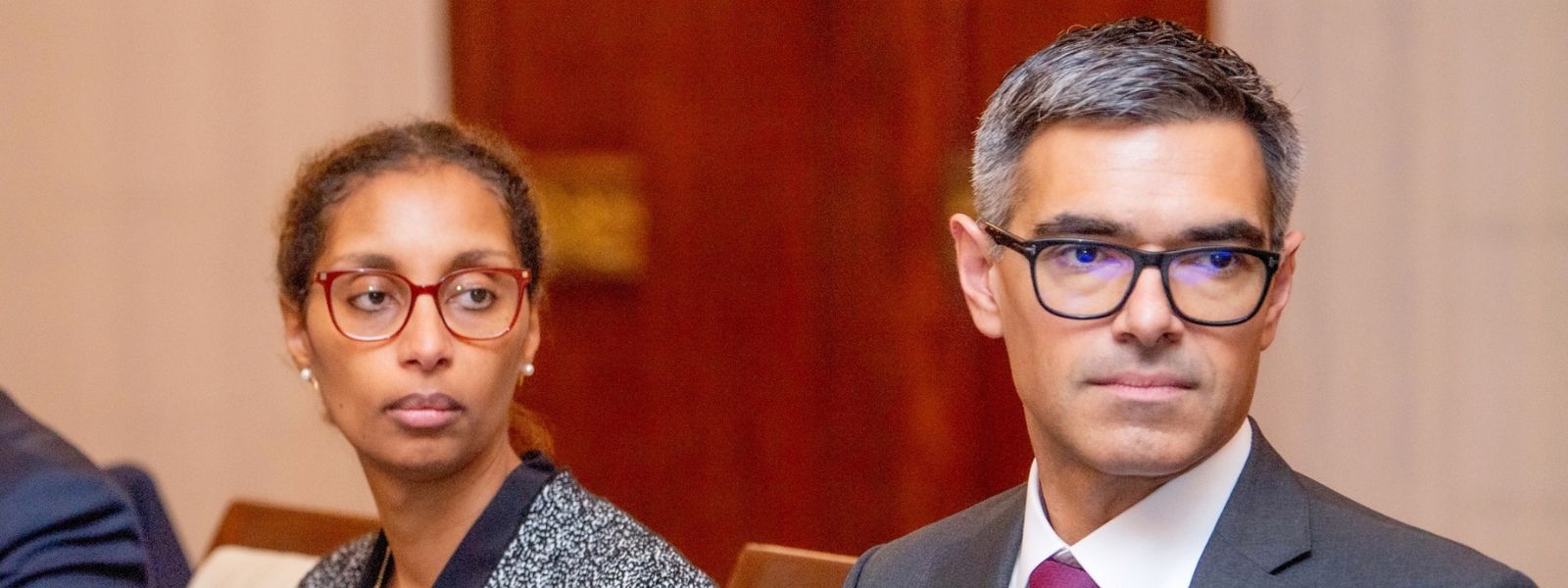.webp)

IMF Flags Data Breach in Sri Lanka’s Reform Program, But Endorses Corrective Action
COLOMBO (News 1st); Sri Lanka received approval for its Fourth Review under the IMF's Extended Fund Facility (EFF), despite a breach in its commitment to provide accurate fiscal data. The breach stemmed from an inadvertent underreporting of government arrears, which went undetected across three consecutive program reviews.
Evan Papageorgiou, the IMF Mission Chief for Sri Lanka, disclosed that the issue was uncovered during a routine staff review of budget appropriations conducted in collaboration with Sri Lankan authorities. The review revealed that a portion of arrears—specifically those linked to a now-defunct interest subsidy scheme for senior citizens—had not been reported to the IMF, although they were published separately by the Ministry of Finance.
“We identified an inadvertent underreporting of data,” Papageorgiou explained. “One source of these arrears was the previous interest subsidy scheme for senior citizens, which ended in late 2022.”
While the outstanding liabilities were documented domestically, they were omitted from the data submitted to the IMF under the program’s technical requirements.
This discrepancy, compounded by other schemes and weaknesses in the timely reporting of liabilities by line ministries to the Ministry of Finance, led to a misunderstanding regarding the definition of arrears under the program’s Technical Memorandum of Understanding.
The cumulative effect of these reporting failures resulted in an underreporting of the stock of arrears, causing Sri Lanka to miss the Quantitative Performance Criterion (QPC) in the first, second, and third reviews. This constituted a breach of the authorities’ commitment to provide accurate data to the IMF.
Despite the breach, the IMF worked closely with Sri Lankan authorities to rectify the issue.
Corrected data on arrears was submitted, and the government undertook several corrective measures. These included:
- Full reporting of the accumulated stock of arrears.
- Progress on a plan to clear existing arrears.
- Commitments to improve tracking processes and practices.
- Engagement with IMF technical assistance to strengthen reporting mechanisms.
Papageorgiou emphasized that the arrears were already being cleared and that the authorities had clarity on the amounts owed and to whom. The issue lay in the failure to report this information properly to the IMF under the program’s requirements.
“There was a lot of clarity from the side of the authorities into what was owed to whom. It’s just that it was not reported properly to the Fund.”
Following the submission of corrected data and evidence of remedial actions, the IMF Executive Board, acting on the recommendation of the Managing Director, approved a waiver for the non-observance of the QPC. This decision paved the way for the approval of the Fourth Review.
Other Articles
Featured News





.png )
-797093_550x300.jpg)
-797087_550x300.jpg)
-797081_550x300.jpg)
-797075_550x300.jpg)
-797068_550x300.jpg)

























.gif)